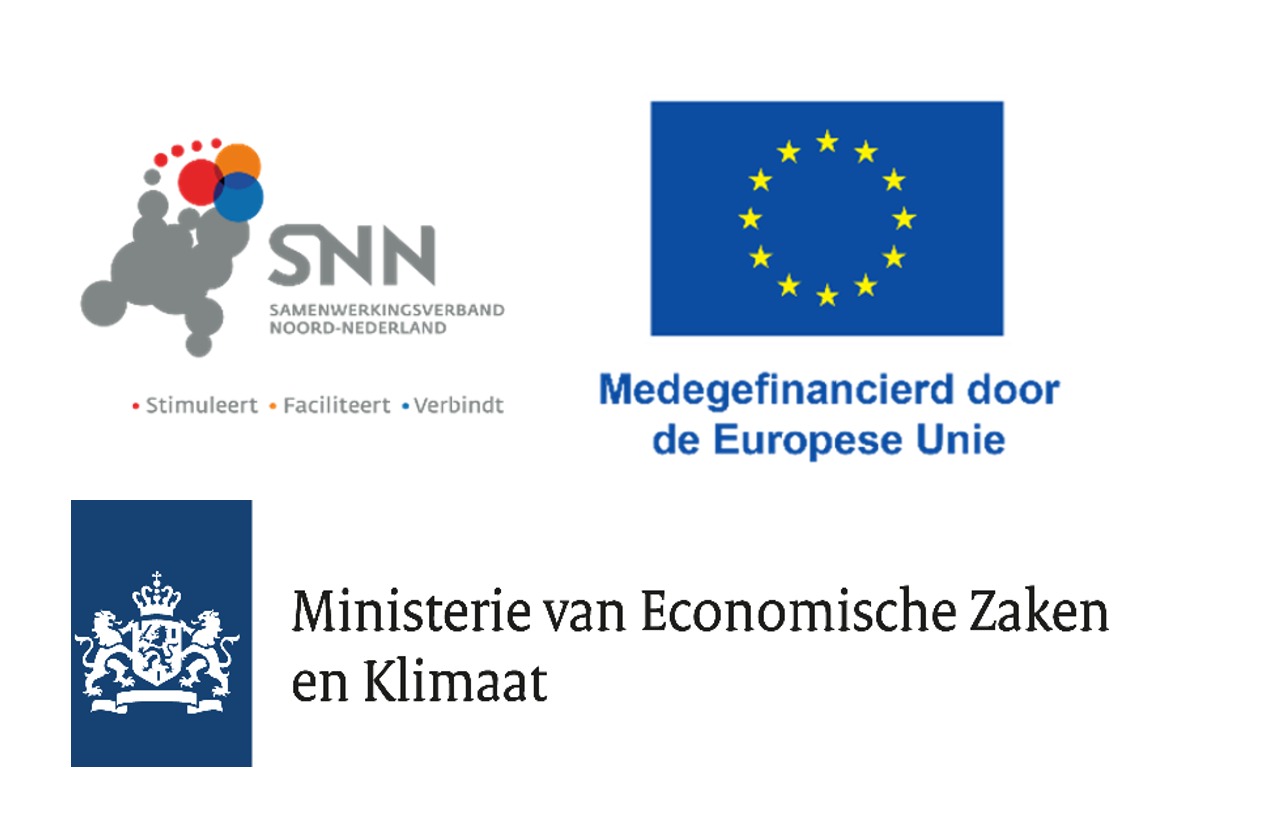Businesses and knowledge institutions join forces on development of smart agricultural robots
In order to find a better balance between nature and agriculture, the agricultural and horticultural sectors are on the verge of a transition to an ecofriendly circular agriculture. This includes preventing the dissipation of fertilizer, water, nutrients, and other resources. In combination with the current staff shortage, this transition calls for the deployment of robots. A consortium of businesses and knowledge institutions from the Northern Netherlands, led by TNO (Netherlands Organisation for Applied Scientific Research), therefore focuses on the development, supply, and use of agricultural robots in agriculture and horticulture. The prototypes will be ready in 2027.
Agricultural robots are autonomous systems that can be used in agriculture and horticulture. It could be an entire robot, but it could also be an autonomous tool that can be fixed behind a tractor. The transition to ecofriendly circular agriculture using agricultural robots is not only intended to make agriculture more efficient. It should also ensure that farmers can sustainably keep earning money and that as many jobs as possible can be retained.
Valuable contribution
Jouke de Vries, President of the Board of the University of Groningen, is delighted with the consortium’s plans. ‘This is another beautiful example of how the University of the North’s collaborating institutions contribute to circular agriculture in the region. I’m proud of the involvement and contributions of all educational levels and the strong ties with these businesses. It’s wonderful if scientific technological knowledge eventually leads to agricultural robots that soon will be able to make a difference in agriculture and horticulture.’
Four prototypes
This collaboration, called DigiAgro3, focuses on the development of technological building blocks and system integration for agricultural robots. In the end, the consortium wants to acquire new knowledge in four technologies–soft grippers, vision technology, AI software & digital twinning, and advanced control system–and they want to develop and test four prototypes for agriculture and horticulture. These prototypes will be designed to focus on identifying diseases in potatoes, weed control, picking fruits, and monitoring crop growth.
Consortium
The consortium behind the project comprises seven businesses, ABDrone, Batenburg Beenen, Demcon, GroeNoord BV, Smart Agri Technology/Croptimal, and Track 32, and five knowledge institutions, Hanze University of Applied Sciences (UAS) Groningen, NHL Stenden UAS, Saxion UAS, UG, and TNO. The businesses involved in the consortium cover the entire chain, from development and production to the supply of agricultural robots. The knowledge institutions contribute through their specific expertise in the field of technological innovations concerning agricultural robots. The project will receive €2.8 million in financial support from the European Commission.

More news
-
27 January 2026
ERC Proof of Concept grant for Maria Loi
-
26 January 2026
Science for Society | The AI chip of the future
